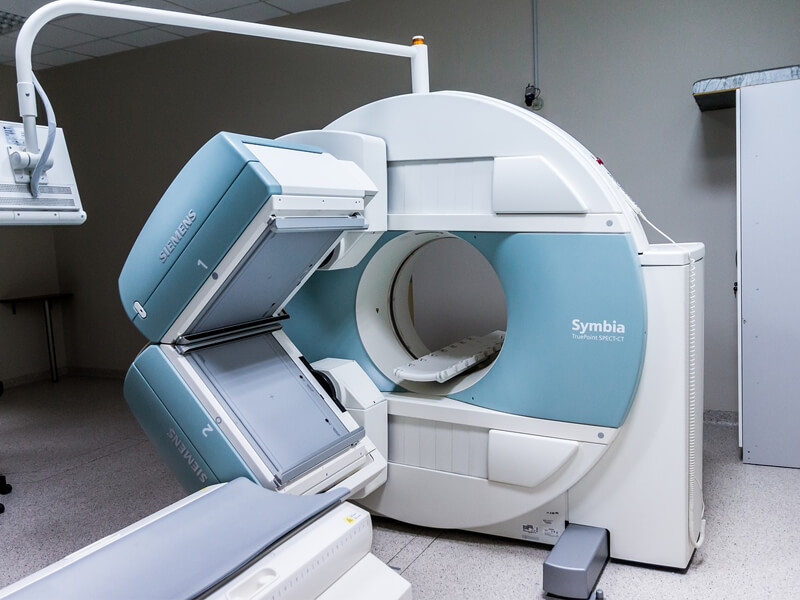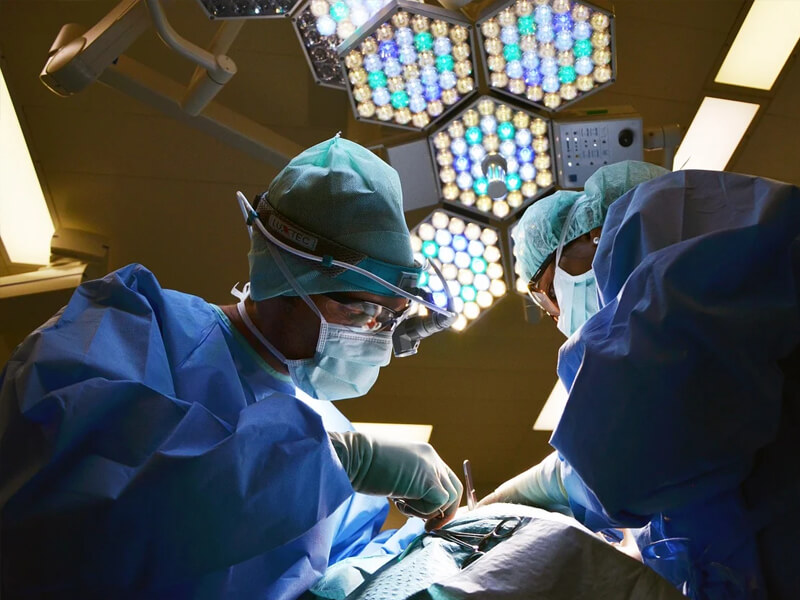Organ Transplant in India

Organ Transplants
Organ transplant is a medical marvel, offering hope and a second chance at life to those in need. It involves replacing a failing organ with a healthy one from a donor, often transforming dire situations into opportunities for recovery. The success of organ transplants relies on medical expertise, donor generosity, and ongoing advancements in healthcare.
Bone Marrow
Bone marrow transplant, also known as hematopoietic stem cell transplant (HSCT), is a medical procedure in which damaged or diseased bone marrow is replaced with healthy stem cells. The bone marrow is a crucial part of the body's blood-forming system, responsible for producing red blood cells, white blood cells, and platelets.
Bone marrow transplant is a complex procedure with potential risks and benefits. Advances in transplant techniques, donor matching, and supportive care have improved outcomes over the years. The success of the transplant depends on various factors, including the type of transplant, the patient's overall health, and the degree of compatibility between the donor and recipient.
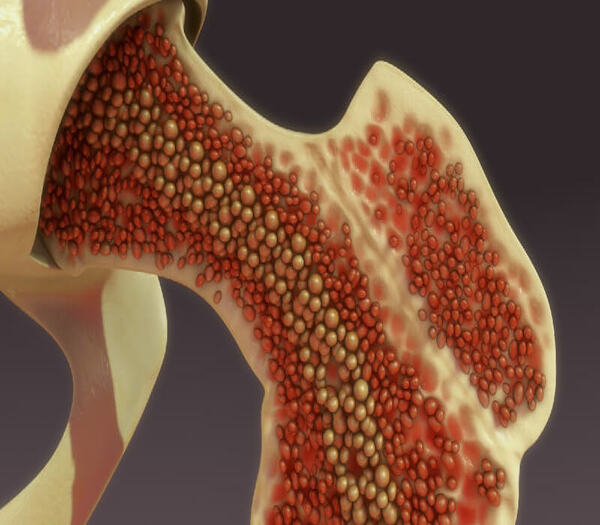
Heart
A heart transplant is a surgical procedure in which a damaged or diseased heart is replaced with a healthy heart from a deceased donor. This complex procedure is typically reserved for individuals with end-stage heart failure or other severe heart conditions that cannot be effectively treated through other means.
Heart transplantation is a life-saving intervention for individuals with severe heart failure. Advances in surgical techniques, organ preservation, and post-transplant care have improved outcomes over the years. However, the success of the procedure relies on a combination of medical factors, patient adherence to post-transplant protocols, and the availability of suitable donor organs.

Intestine
Intestinal transplantation is a surgical procedure involving the replacement of a diseased or malfunctioning intestine with a healthy intestine from a deceased donor. This complex transplant may involve various segments of the intestine, including the small intestine, large intestine, or both. Intestinal transplantation is considered for individuals with severe intestinal failure who cannot be adequately treated with other medical interventions.
Intestinal transplantation is a specialized procedure performed in selected medical centers with expertise in transplant surgery. While it offers a potential life-saving option for individuals with severe intestinal failure, the decision to undergo intestinal transplantation is carefully considered, and the success of the procedure depends on various factors, including patient adherence to post-transplant protocols and the availability of suitable donor organs.

Kidney
Kidney transplantation is a surgical procedure that involves replacing a damaged or failed kidney with a healthy kidney from a living or deceased donor. It is the most common type of organ transplantation and is considered the treatment of choice for many individuals with end-stage renal disease (ESRD).
Kidney transplantation is a well-established and successful treatment for ESRD. It offers several advantages over long-term dialysis, including improved quality of life and better overall outcomes. Advances in transplantation techniques and immunosuppressive medications have contributed to increased success rates and improved long-term survival for kidney transplant recipients.

Liver
Liver transplantation is a surgical procedure that involves replacing a diseased or failing liver with a healthy liver from a deceased or living donor. It is a complex and life-saving intervention for individuals with end-stage liver disease, acute liver failure, or certain liver-related cancers.
Liver transplantation has become a well-established and successful treatment for end-stage liver disease. It is associated with improved survival rates and enhanced quality of life for recipients. Advances in surgical techniques, immunosuppressive medications, and organ preservation have contributed to the success of liver transplantation as a life-saving intervention.

Pancreas
Pancreas transplantation is a surgical procedure involving the replacement of a diseased or nonfunctional pancreas with a healthy pancreas from a deceased donor. It is usually performed in conjunction with kidney transplantation, known as a simultaneous pancreas-kidney transplant (SPK), for individuals with type 1 diabetes and kidney failure. In some cases, pancreas transplantation may be performed alone (pancreas transplant alone or PTA) for patients with type 1 diabetes and preserved kidney function.
Pancreas transplantation is a specialized procedure performed in selected medical centers with expertise in transplant surgery. It offers the potential for improved glycemic control and quality of life for individuals with type 1 diabetes. The decision to undergo pancreas transplantation is carefully considered, and the success of the procedure depends on various factors, including patient adherence to post-transplant protocols and the availability of suitable donor organs.
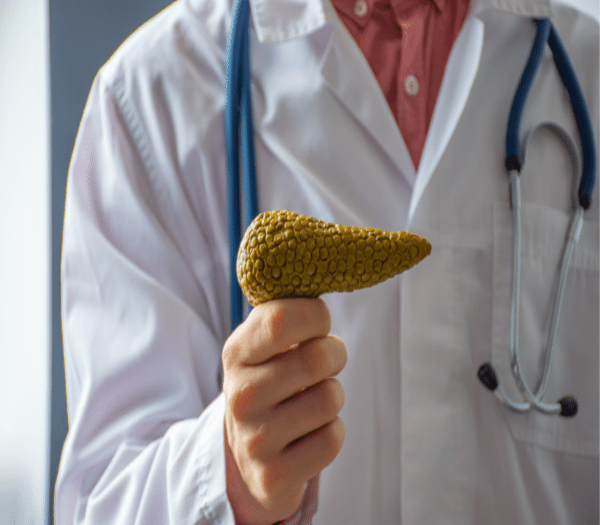
Why Trust Us?
Every patient is considered a part of the Heal Me + community, and we take great pride in having assisted people of all ages and from more than 50 different countries in achieving their health objectives. We cordially invite you to join our family.
Patient Success Stories
Explore the positive experiences of our satisfied patients who have successfully undergone treatments in India.
Accreditations and Certifications
Our hospitals are accredited by international medical organizations, ensuring the provision of the highest standards of care.
Low Cost Treatment
Our Low Cost Treatment policy guarantees that you are fully informed about the services you are receiving.
Our Comprehensive Approach to Wellness

Cost of Cancer Treatment in India
In India, the price of cancer treatment varies from $2000 to $50000. When compared to other industrialized nations, the cost of cancer treatment in India is extremely affordable. Due to the peculiarity of the disease and the way in which cancer is staged, individual cancer treatments can differ.
| Segment | Treatment | Average Price in India (USD) | Average Price in Other Countries (USD) |
|---|---|---|---|
| Cancer | Chemotherapy | 2,000 - 5,000 | 4,000 - 9,000 |
| Radiation Therapy | 5,000 - 10,000 | 10,000 - 30,000 | |
| Surgery (e.g., Lumpectomy, Mastectomy) | 5,000 - 15,000 | 10,000 - 40,000 | |
| Immunotherapy | 20,000 - 50,000 | 30,000 - 85,000 |
Best Cancer Hospitals in India

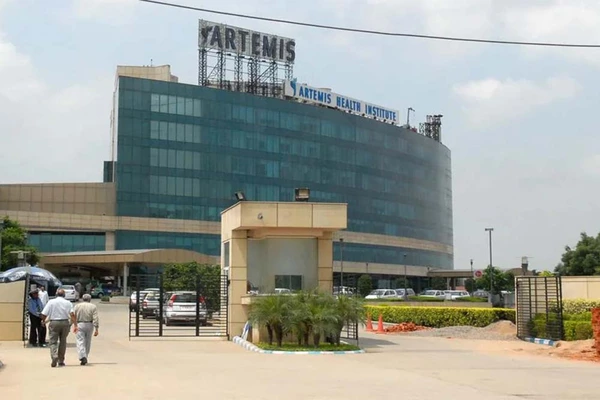
Artemis Hospitals
Delhi/NCRFirst JCI & NABH Accredited Multispeciality Health Care Hospital
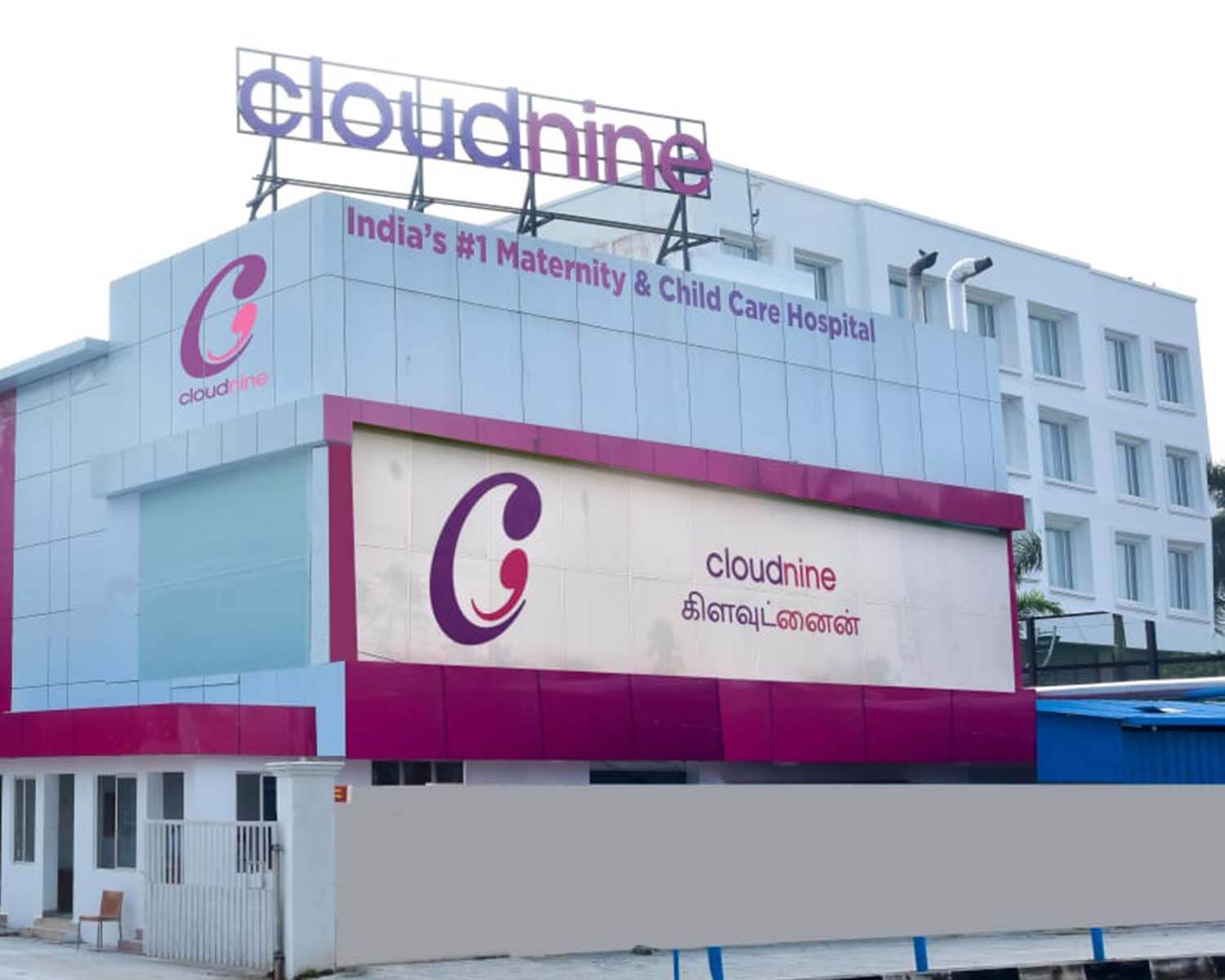

Max Hospitals
Delhi/NCREvery day we come to honour a higher purpose - To serve. To excel.
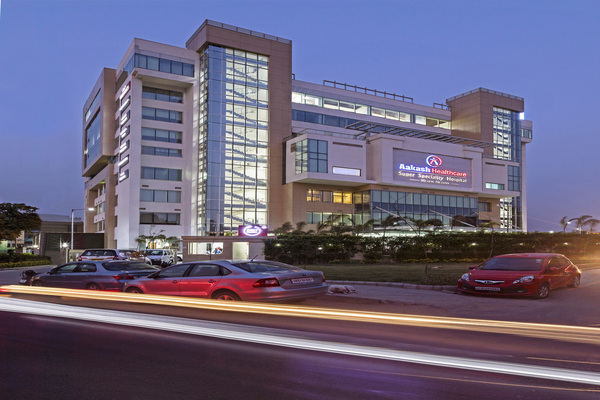
Aakash Healthcare Super Speciality Hospital
Delhi/NCRBest Super Speciality Hospital in India
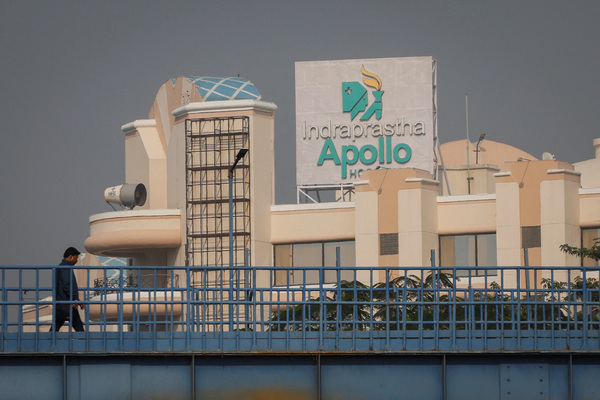
Indraprastha Apollo
Delhi/NCROne of the most sought after destinations in Asia for healthcare
Book Your Consultation with Medical Experts
Frequently Asked Questions
-
What types of cancer treatments do you offer?
We provide a range of advanced cancer treatments, including surgery, chemotherapy, and targeted therapies, tailored to individual needs.
-
How can I initiate the process for
medical treatment abroad?
Simply contact us, and our dedicated team will guide you through the seamless process, from medical evaluations to travel arrangements.
-
Are there language barriers during the
medical journey?
No worries! Our team ensures clear communication between you and healthcare professionals, minimizing any language barriers.
-
What post-treatment support is available
for patients?
We offer ongoing support, including follow-up consultations and access to resources for a smooth recovery and long-term well-being.
-
How can I trust the quality of healthcare
facilities abroad?
We collaborate with accredited and renowned medical institutions to provide world-class oncology care.











